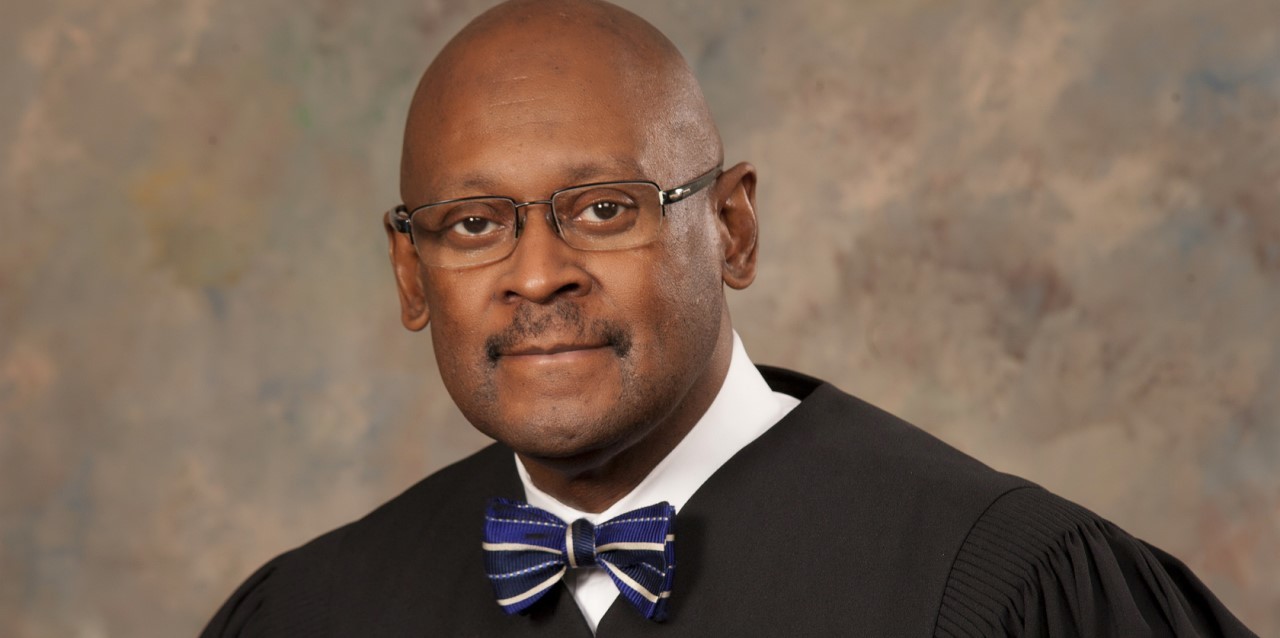The Illinois Supreme Court has ruled in a Chicago case that school boards may suspend, rather than fire, teachers after launching termination proceedings, saying boards must have flexibility in such matters or "injustice" could result.
The Jan. 22 decision was penned by Justice P. Scott Neville Jr., with concurrence from Chief Justice Anne Burke and Justices Rita Garman, Mary Jane Theis, Robert Carter, Michael Burke and David Overstreet. The decision favored the Chicago Board of Education in an action brought in 2019 by tenured teacher Daphne Moore.
The board said that on Sept. 13, 2016, students in Moore's special education class told Moore another student had swallowed eight pills. Moore allegedly asked the student, "You OK?" The student did not reply, but Moore allegedly went back to teaching the class, taking no further action, the board alleged. The principal learned of the situation, found the student to be "unengaged" and called for an ambulance, the board said. During a subsequent school investigation, Moore allegedly made a false statement.
In April 2017, the board suspended Moore without pay, as a prelude to firing her.
Moore contended she did more than ask the student, "You OK?" Rather, Moore said she told her teacher's aide to take the student to the office, but before that could happen, the principal entered and took command. As far as the allegedly false statement, Moore said the statement was mistakenly made.
A hearing was conducted, and in September 2018 the hearing officer found Moore had followed procedure and did not lie. The officer said Moore should be reinstated.
The board still believed Moore did not perform up to expectations, but nonetheless reinstated her in October 2018, court documents said. However, the board issued a 90-day suspension, without pay, which was considered to have already been served. The board provided back pay for the remaining 15 months Moore had been suspended while the matter was pending. The board also ordered Moore to undergo crisis response training.
Moore went to the Illinois First District Appellate Court, contesting the unpaid 90-day suspension. The appeals panel agreed with Moore, saying that under Illinois School Code, once the board started termination proceedings, the board had to either fire her or give back her job with full back pay. As a consequence, the appeals panel threw out the suspension. The board then appealed to the state high court.
Justice Neville determined the board exercised appropriate flexibility.
"The Board determined that a suspension, a lesser form of discipline, was an appropriate sanction for Moore’s conduct. Indeed, the Board’s power to make rules would be eviscerated and its ability to manage the school system would be ineffective if it could not elect to suspend a teacher when the evidence did not establish cause for a dismissal," Neville noted.
Neville pointed out the board decided Moore's behavior was remediable and chose to retain her, an "individualized response" well within its power.
"Once it is determined that the evidence does not establish cause for dismissal, the Board should not be required to commence a new disciplinary proceeding to suspend a teacher. Two disciplinary proceedings could not be the intent of the legislature because it would be neither efficient nor cost effective," Neville said.
Neville added: "We do not think that the legislature could have intended such a rigid, inflexible application of the School Code that would interfere with the Board’s authority and discretion to prescribe individualized remediation plans in disciplinary cases."
In Neville's view, such an application of the code "could lead to unjust decisions."
Moore has been represented by attorneys with the firm of Dowd, Bloch, Bennett, Cervone, Auerbach & Yokich, of Chicago.
The board has been represented by its in-house attorneys, Thomas Doyle and Joseph Moriarty, as well as by Chicago lawyer Linda Hogan and the Illinois Attorney General's Office.
